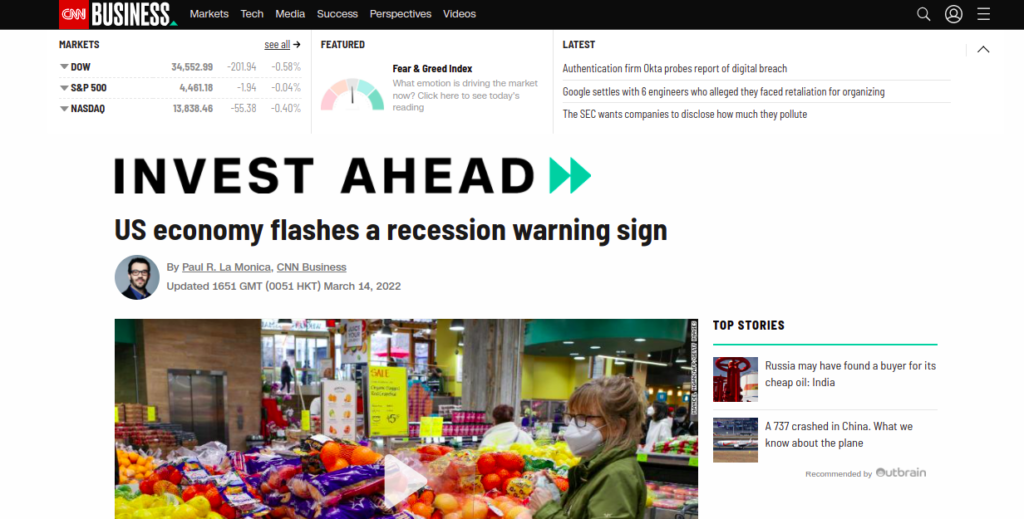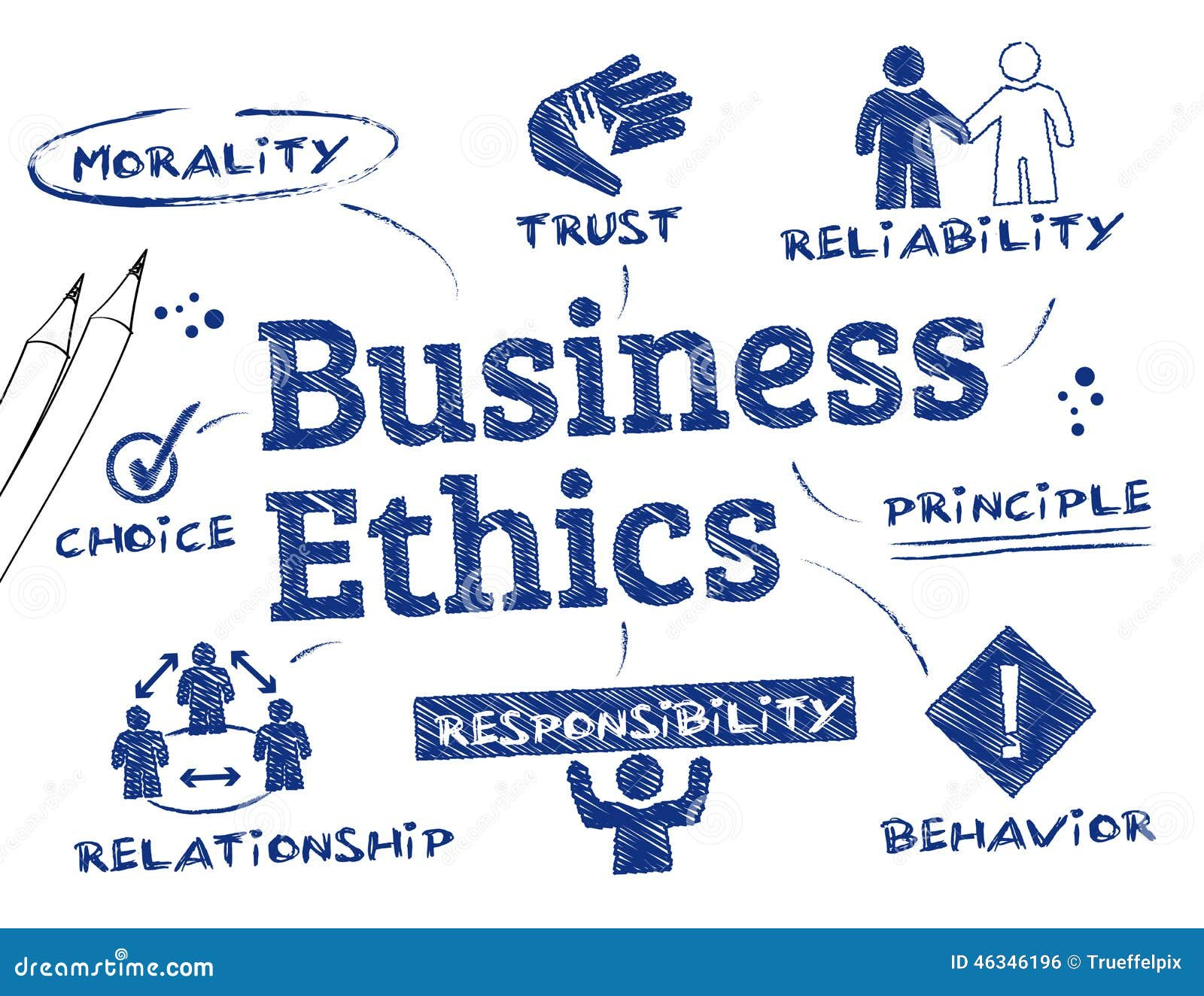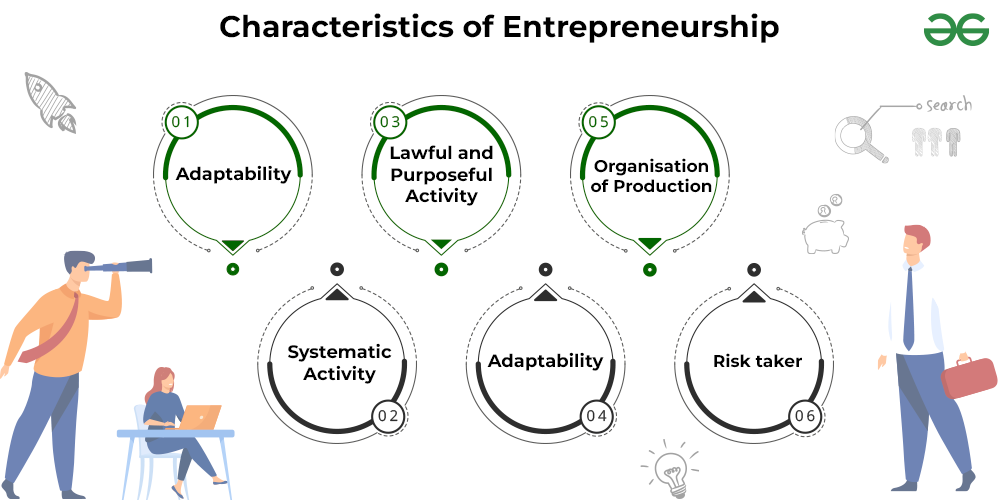As the U.S. economy braces for uncertainty, the latest recession warning highlights potential challenges arising from a brewing trade war and fluctuating Federal Reserve interest rates. The economy is encountering turmoil, with heightened tensions leading to setbacks in consumer confidence and a declining consumer sentiment index. Investors are increasingly concerned that President Trump’s tariff policy could spark significant repercussions, pushing the nation towards a recession. Economic confidence is wavering, raising alarms as market volatility escalates alongside concerns about future growth. With these complex dynamics at play, it’s essential for policymakers to navigate these turbulent waters carefully to mitigate risks and support a stable economic outlook.
In light of current economic indicators, the specter of an impending downturn looms large over American fiscal health. Analysts are warning that various factors, including escalating global trade disputes and the impending decisions from the Federal Reserve regarding interest rates, could spiral into a significant economic contraction. The recent decline in consumer confidence reflects broader unease about the economic landscape, underscored by shifts in tariff policies that complicate trade relationships. As financial markets react to these uncertain scenarios, the delicate balance of maintaining economic growth while controlling inflation becomes increasingly critical. Attention to these elements is vital, as they could collectively determine the trajectory of the U.S. economy in the near future.
U.S. Economy Recession Warning: Current Concerns
Recent analyses indicate growing fears of a recession in the U.S. economy, fueled by a combination of rising tariffs and a deteriorating consumer sentiment index. As the trade war escalates, with countries like China, Mexico, and Canada retaliating against American tariffs, investors are on edge. The University of Michigan’s consumer sentiment index reflects this anxiety, having plunged to its lowest level since late 2022, highlighting the possibility of an economic downturn. Many economists, including notable figures from Harvard, express concern that the ongoing tensions could lead not just to recessionary conditions but also to stagnation reminiscent of the 1970s.
The implications of these sentiments resonate through various sectors of the economy. A looming recession may lead to lower consumer spending, a critical driver of economic growth in the U.S. As households tighten their budgets amidst uncertainty, businesses could experience decreased sales, leading to layoffs and further strain on employment rates. Moreover, the Federal Reserve finds itself in a difficult position, needing to balance interest rate decisions that either stimulate growth or control inflation, with current market volatility complicating these choices.
Trade War: Impacts on U.S. Economic Stability
The ongoing trade war is a substantial factor contributing to the recession warning in the U.S. economy. As tariffs on imports rise, the costs are ultimately passed down to consumers, disrupting market dynamics. American businesses face increased prices for raw materials, which results in higher consumer prices and unpredictable market conditions. The adverse effects of such tariff policies could stifle international trade and deter foreign investment, leading to economic stagnation as outlined by numerous economic analysts.
Furthermore, the uncertainty associated with the trade war affects consumer confidence significantly. When consumers perceive heightened risks, as indicated by a dip in the consumer sentiment index, they tend to decrease their discretionary spending. This lack of confidence may elongate a recessionary period or contribute to a concerning rebound, ultimately harming economic growth. Analysts argue that an end to escalating tariffs and a return to more stable trade policies could potentially restore investor and consumer confidence, fostering a more favorable economic environment.
Federal Reserve Interest Rates: Dilemmas Ahead
The Federal Reserve faces a complex scenario as it navigates interest rate policies in light of recent economic turmoil. With inflation rising amid a potential recession, the Fed must weigh the risks of either maintaining higher interest rates to curb inflation or lowering them to stimulate a sluggish economy. As economic indicators suggest a slowdown, analysts speculate that the Fed might lean towards holding rates steady to prevent adding further pressure on economic growth.
Moreover, the Fed’s decisions will take into account the trade war’s impact on economic stability. A precarious balance is required, where too much emphasis on lowering rates could fuel inflationary pressures, while keeping rates high may hinder recovery efforts in a fragile market. The interplay of these factors underscores the Federal Reserve’s essential role in shaping policies that govern economic health during uncertain times.
Consumer Sentiment Index: Indicator of Economic Confidence
The University of Michigan’s consumer sentiment index serves as a vital barometer for gauging economic confidence among Americans, and its recent decline is alarming. As consumers adjust to the reality of potential recession conditions, including rising inflation and unemployment fears, their decreased confidence directly affects spending decisions. A lower sentiment index often translates to reduced consumer spending, which is essential for economic growth and can create a feedback loop, further contributing to an economic downturn.
In this context, monitoring consumer sentiment becomes crucial for predicting market behavior and anticipating economic shifts. The correlation between consumer confidence and spending patterns illustrates how sentiment can influence broader economic conditions. Initiatives designed to bolster consumer confidence, such as effective government communication and policy adjustments, could serve to stabilize the market in these uncertain times.
Tariff Policy and Its Economic Implications
The current tariff policy initiated by the Trump administration has significant ramifications for the U.S. economy. While intended to protect American industries, tariffs often lead to retaliatory measures from trade partners, intensifying uncertainty and potentially leading to economic isolation. The adverse effects ripple across multiple sectors, impacting not only prices but also the global supply chain. As costs rise for manufacturers, the burden is frequently passed to consumers, leading to decreased purchasing power.
Furthermore, protectionist policies may hinder innovation as companies become less incentivized to improve efficiency when insulated from international competition. The goal of fostering domestic production can ironically lead to weakened economic performance in the long run, as evidenced by economic theory and historical precedent. Balancing national interest with global cooperation remains a critical challenge for policymakers as they navigate these complex economic landscapes.
Investor Reactions to Economic Instability
Investor confidence is often considered a leading indicator of economic health, and recent market volatility reflects deep-seated fears tied to trade tensions and government policy. With heavy stock market losses following tariff announcements, investors are increasingly wary of the U.S. economy’s trajectory. Heightened volatility can lead investors to adopt a ‘wait and see’ approach, halting investments and further destabilizing economic growth.
The erratic nature of current policies not only affects large institutional investors but also impacts everyday Americans who invest in retirement accounts or the stock market. As confidence wanes, potential returns diminish, creating a disincentive for investment and exacerbating economic slowdowns. Thus, restoring confidence in the markets will be necessary for stimulating both domestic and foreign investments.
The Role of Government Spending in Economic Recovery
Government spending plays a crucial role in nurturing economic recovery, especially during periods of uncertainty. With looming concerns about fiscal cuts amid a trade war, the potential for reduced government expenditure raises alarms among economists who warn against austerity measures during economic downturns. Appropriate levels of government spending can stimulate demand, utilizing fiscal policy to counteract recessionary pressures and support job creation.
A focus on targeted spending can yield positive outcomes, particularly in infrastructure projects, education, and job training programs, which bolster the economy in both the short and long term. However, to be effective, such initiatives should be carefully balanced with overall fiscal responsibility to avoid exacerbating long-term debt levels. The debate surrounding fiscal policy will remain a focal point as stakeholders assess paths toward recovery amidst economic uncertainty.
Long-Term Effects of Tariffs on Economic Growth
The implementation of tariff policies has far-reaching consequences that can affect long-term economic growth. While they may offer short-term protection to certain industries, tariffs can stifle competition and prevent necessary adjustments within the economy. As companies adapt to these protected environments, they may lose motivation to innovate and improve efficiency, which can ultimately hinder economic progress.
Additionally, consistent reliance on tariffs could lead to entrenched trade inequalities, where domestic industries become dependent on government assistance, making them less resilient to market fluctuations. A focus on trade liberalization, in contrast, encourages competitive markets that can drive growth and productivity improvements, showcasing the long-term vital need for policy reevaluation as the economy evolves.
Risk Perception and Its Impact on Economic Stability
In uncertain economic climates, risk perception significantly influences consumer and investor behavior. The growing unpredictability surrounding the U.S. economic landscape, primarily due to trade wars and government policy, has elevated the perceived risks associated with investment and spending. As individuals and businesses become more risk-averse, this cautious mindset leads to decreased financial activity, further exacerbating potential recessionary conditions.
Moreover, heightened risk perceptions can create a vicious cycle, where uncertainty breeds hesitance to invest in new ventures or infrastructure, low consumer confidence translates to diminished spending, and the overall economy suffers from stagnation. Addressing this challenge requires transparent communication from policymakers and decisive actions to bolster confidence and reduce perceived risks.
Frequently Asked Questions
What are the potential impacts of the U.S. economy recession warning on consumer sentiment index?
The U.S. economy recession warning can significantly affect the consumer sentiment index, leading to decreased economic confidence among consumers. As fears of a recession rise, individuals may become more cautious with their spending, which can further suppress economic growth. Current declines in the consumer sentiment index indicate that people are wary of economic conditions, reinforcing the recession warning and potentially creating a self-fulfilling prophecy.
How might a U.S. economy recession warning influence Federal Reserve interest rates decisions?
A U.S. economy recession warning may prompt the Federal Reserve to reassess its interest rate strategies. In an attempt to stimulate growth, the Fed could consider lowering interest rates to encourage borrowing and spending. Conversely, if inflation remains a concern, the Fed might maintain current rates to avoid exacerbating price increases. Thus, recession warnings create a complex dynamic for the Federal Reserve in managing interest rates effectively.
What role does tariff policy play in the U.S. economy recession warning?
Tariff policy plays a crucial role in the U.S. economy recession warning as it can trigger trade tensions and disrupt market confidence. Increased tariffs can lead to retaliatory measures from other countries, which might stifle trade and impact growth. Therefore, uncertainties surrounding tariff policies contribute significantly to recession warnings, as they can create volatility in consumer and investor behavior.
Can a trade war lead to a U.S. economy recession warning?
Yes, a trade war can lead to a U.S. economy recession warning. Trade disruptions caused by tariffs and retaliatory measures can adversely impact economic activities, investor confidence, and job markets. As tariffs increase costs for businesses and consumers, the potential for slower economic growth or a recession becomes more pronounced, leading analysts to issue warnings.
How does economic confidence affect the likelihood of a U.S. economy recession warning?
Economic confidence heavily influences the likelihood of a U.S. economy recession warning. When confidence levels drop, as reflected in the consumer sentiment index, spending typically decreases, which can slow down economic growth. This decrease in economic activity can heighten concerns about a recession, prompting warnings from economists and financial analysts alike.
What factors could indicate a rise in U.S. economy recession warnings?
Indicators of rising U.S. economy recession warnings include a declining consumer sentiment index, increased volatility in stock markets due to trade wars, significant changes in Federal Reserve interest rates, and broader economic uncertainties related to government fiscal policies. Monitoring these factors can provide insight into potential recession risks.
| Key Point | Details |
|---|---|
| U.S. Economy Recession Warning | Analysts warn of a potential recession due to trade war tensions and stock market volatility. |
| Impact of Tariffs | Increased tariffs on U.S. goods by China, Mexico, and Canada could exacerbate economic struggles and reduce investor confidence. |
| Consumer Sentiment Decline | Consumer sentiment index hits its lowest since November 2022, indicating waning confidence. |
| Federal Reserve’s Dilemma | Fed faces conflicting pressures of managing inflation while supporting economic growth through interest rate decisions. |
| Volatility and Risk | Current uncertainty related to tariff policies increases market volatility, leading to a cautious approach from businesses. |
Summary
The U.S. economy recession warning highlights a critical juncture influenced by escalating trade tensions and faltering consumer confidence. As the Federal Reserve navigates complex decisions regarding interest rates amidst a backdrop of heightened volatility, the reality of a recession looms larger. These factors combined create an environment ripe for economic challenges, making it imperative for stakeholders to remain vigilant about the evolving situation.









Leave a Reply